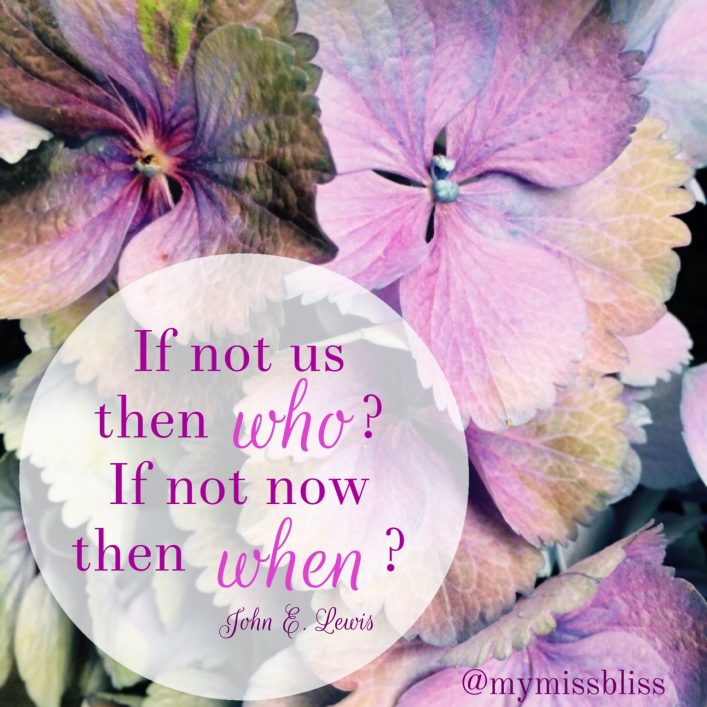Table of Contents
What is best to say to someone after a loss?
In the book Grieving Parents: Surviving Loss as a Couple, in Chapter 12 for the supporters of the Grieving Parent, I suggest the three simplest things to say to a bereaved parent, among a whole list of other do’s and don’ts:
- I am sorry for your loss
- I am here for you
- I don’t know what to say, I’m lost for words
Sparked by the varied feedback I received to “I am sorry for your loss” and in line with what I wrote about in Chapter 10 (Inner Support) on meaning-making, I have thought about the different ways in which people understand and perceive that simple sentence.
What does it mean to you?
First of all, I have to say that English not being my mother tongue I might have a completely different understanding and meaning that I place upon this sentence. This is however not only specific to people speaking a different language but between any two individuals. Any individual word in fact holds a specific meaning to each and every person depending on their history with it.
One word has many meanings
I remember a course with 400+ attendees who were asked to write down 5 synonyms for the term Love. Not two of the people had five identical words written down and only a handful had three identical words. This shows how individual the meanings are that we place on a topic, in the example love, even one that everyone is familiar with.
Why I am sorry might not make sense after a loss
For me personally the sentence “I am sorry…” makes sense to me when used in a context where someone is apologizing for their wrongdoing. In regards to my daughter dying there was no one being responsible for her death so even though I understand what the people meant, it didn’t completely fit. Still, it was better than the clichés like “time heals all wounds”.
Think about what it means to you and maybe how the meaning has changed since your child passed away.
I scream if I hear those words one more time!
Every sentence, if heard over and over again, can become stale and over-used. It is in fact the most used statement after loss and can become like a broken record for the bereaved. Especially if it’s not matched with real compassion and empathy, it’s useless.
It is understandable that you might become weary of hearing “so sorry for your loss” from people who have never experienced a similar loss.
Be honest about what is and what isn’t helpful after a loss
Maybe it is the best thing for you to scream, or alternatively start by telling those that matter in an honest way what else you’d prefer they said or did. Yes, I hear your tiredness of educating your surroundings on which satin gloves to wear or what to say or do that would support you.
But honestly – and in quoting the famous John E. Lewis statement:
If not us, then who?
John E. Lewis
If not now, then when?
There will come a time – if it hasn’t already – that most things that bothered you at the beginning stages of your grief, won’t bother you anymore. Then it’s too late to help people understand what it is YOU needed then.
The ‘complete list’ is incomplete
Really, there are no perfectly crafted sentences, attitudes, or ways of being that fit all bereaved parents. Just as your baby or child was and is still unique, so are you.
Having said this we, the bereaved parent community, can only benefit if we can help those around us find better words, if not for us, then maybe for another couple who has a miscarriage, stillbirth, neonatal death, or who lost a child at any age.
Where does that leave you, the supporters, and your desire to know what to do or say?
Whatever my complete list of do’s and don’ts says, it needs to be used in reference to the specific situation and bereaved person. If in doubt, ask the person you are trying to support.
A guide or a list with suggestions is only ever that: a guide. Bring your intuition, at the same time be open to ‘go wrong’ and be humble enough to learn from the bereaved – sooner or later in your life you will be the bereaved missing a loved one and experience grief, even if it’s not for your child.
This article was first published on June 3, 2015, in Still Standing Magazine.


I guess I’ve always seen “I’m sorry for your loss” as “I feel sorrow because of the death you’ve experienced.” I don’t mind it, especially when compared to some of the other things people often say!